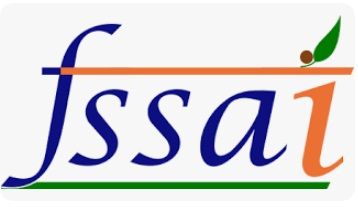New Delhi, 30 May (IANS). Food Safety and Standards Authority of India (FSSAI) has advised packaged food items companies not to use ‘100 percent’ term on their dinner packets or labels. Officials have expressed concern that this may make consumers misleading.
The advice issued to all food business operators (FBOs) states that they should not use words like “100 percent ‘in their” dinner packets, labels and ads because they are completely unclear “, so one should avoid doing so according to the rules.
The country’s top food regulator said that now many companies are using ‘100 percent’ words in their food packets and advertisements.
FSSAI said, “There is no clear definition in the rules regarding such terminology. These words can mislead people and create wrong thinking that this thing is completely correct or pure, which is not necessary. So these words create misunderstandings. ”
According to the Food Safety Rules (2018), the “100 percent” has not been defined in the FSS Act, 2006 or its rules.
FSSAI said that under the rules, no company can talk bad to other companies in its advertisement or claim, and cannot say anything that causes consumers to confuse. Whatever claim or information is given, it should be true, clean and easy to understand, so that customers can understand the correct information and no one is misled.
The words “100 percent”, whether used alone or combined with any other word, can create misconceptions in people that it is completely pure or best, which is not correct.
FSSAI said that using such a word can think that the rest of the food items in the market are not good or they do not follow the rules, which gives the customers incorrect information.
The Food Regulatory Body issued a notification in June 2024 that fruit juice making companies should remove claims like ‘100 percent fruit juice’ from their packets and advertisements.
Earlier, FSSAI told the Delhi High Court in April that the big company Dabur is against the rules that their fruit beverages are made of ‘100 percent’ fruits. This is a misleading term to the consumer.
-IANS
PK/Aka









